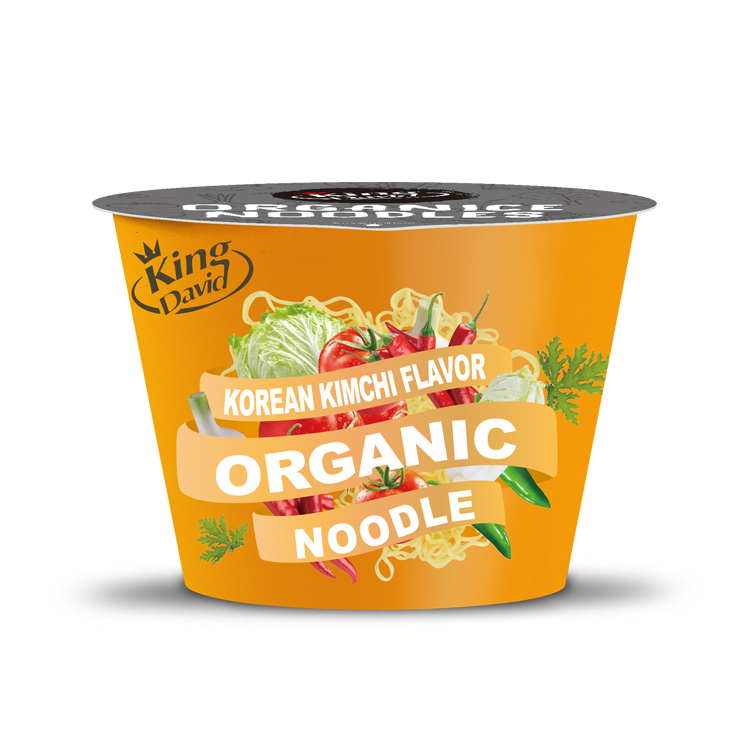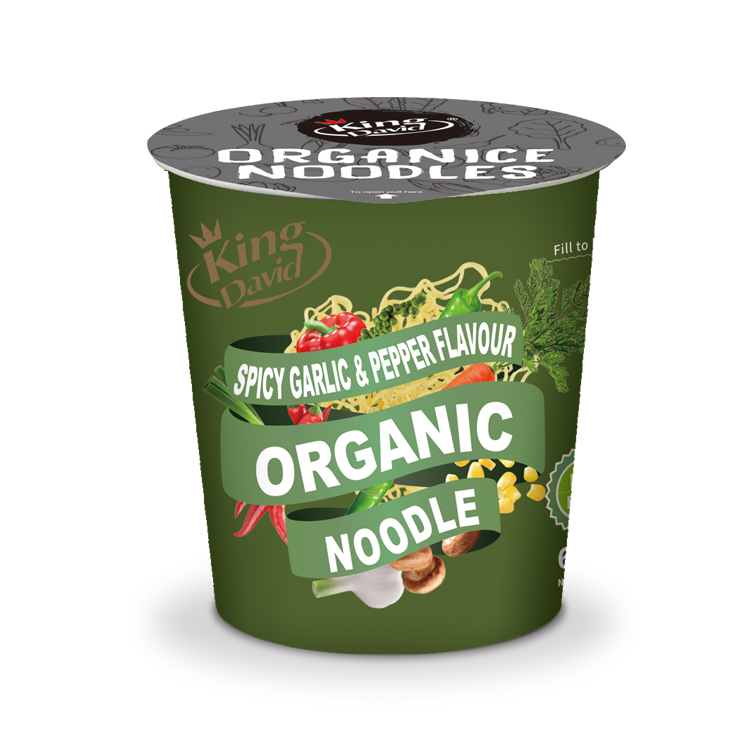Organic foods are becoming increasingly popular as consumers become more aware of the effects of food on their health and the environment. This article delves into the manifold benefits of eating organic noodles, covering aspects from health advantages to environmental sustainability.
Understanding Organic Noodles
Organic noodles are made from ingredients farmed without using synthetic pesticides, fertilizers, or genetically modified organisms (GMOs). These noodles are produced following stringent organic farming practices that prioritize environmental health and sustainability.
What Makes Noodles Organic?
To be labeled as organic, noodles must adhere to specific standards set by certifying bodies. This means that the grains used (such as wheat, rice, or other cereals) are organically cultivated, and the manufacturing process does not use artificial additives or preservatives.
Health Benefits Of Organic Noodles
Organic noodles offer several health benefits compared to their conventional counterparts. These advantages stem from their clean ingredient list and the nutrient-rich profiles of organically grown grains.
Higher Nutrient Content
Organic agricultural approaches improve soil health, resulting in crops richer in key nutrients. Organic noodles, thus, tend to have higher levels of vitamins, minerals, and antioxidants, which are crucial for overall health.

Increased Antioxidants
Research indicates that organic foods contain higher levels of antioxidants compared to conventionally grown foods. Antioxidants are vital in combating oxidative stress and reducing the risk of chronic diseases such as heart disease, diabetes, and cancer.
Absence of Harmful Chemicals
One of the primary health benefits of organic noodles is the absence of harmful chemicals. Conventional farming practices often involve the use of pesticides and herbicides, residues of which can remain on food products. Organic noodles are free from these harmful chemicals, reducing the risk of exposure to substances that can have adverse health effects.
No Synthetic Additives
Organic noodles do not contain synthetic additives, preservatives, or artificial colors, which are commonly found in processed foods. These substances can cause allergies, hyperactivity in children, and other long-term health difficulties.
Better Digestibility
Organic noodles are often easier to digest compared to their non-organic counterparts. This can be attributed to the cleaner ingredient list and the lack of chemical residues, which can irritate the digestive system.
Environmental Benefits Of Organic Noodles
The advantages of organic noodles extend beyond personal health, contributing positively to environmental sustainability.

Reduced Chemical Runoff
Organic farming practices minimize the use of synthetic chemicals, reducing the runoff into waterways. This helps in maintaining cleaner water bodies and protecting aquatic ecosystems.
Improved Soil Health
Organic agriculture emphasizes sustainable farming practices including crop rotation, composting, and less tillage, which improve soil fertility and structure. Healthy soil is crucial for the long-term productivity of agricultural lands.
Biodiversity Conservation
By avoiding synthetic chemicals and embracing natural farming methods, organic farms tend to support greater biodiversity. This includes a variety of plant species, insects, and other wildlife, fostering a balanced and healthy ecosystem.
Choosing The Right Organic Noodles
With the increasing variety of organic noodles available in the market, selecting the right type can be overwhelming. Here are some tips to help make an informed choice.
Check For Certification
Ensure that the noodles are certified organic by a reputable organization. This guarantees that the product meets the strict standards of organic farming and processing.

Read Ingredient Labels
Look for noodles with minimal and recognizable ingredients. Avoid products with added sugars, artificial flavors, or unnecessary additives.
Consider Nutritional Content
Different types of noodles offer varying nutritional benefits. For instance, whole grain noodles provide more fiber, while rice noodles are often gluten-free and suitable for those with gluten sensitivities.
Cooking Tips For Organic Noodles
Cooking organic noodles is straightforward, but a few tips can help you get the best results and maintain their nutritional integrity.
Use Adequate Water
Boil organic noodles in lots of water to keep them from sticking together and even cooking. Adding a pinch of salt can enhance their flavor.
Avoid Overcooking
Organic noodles, especially those made from whole grains, can become mushy if overcooked. Follow the package instructions for cooking times and check for al dente texture.
Pair With Fresh Ingredients
To maximize the health benefits, pair organic noodles with fresh, organic vegetables, herbs, and lean proteins. This creates a balanced and nutritious meal.
Conclusion
Eating organic noodles provides a wealth of benefits that span health, environmental sustainability, and ethical considerations. Their higher nutrient content, absence of harmful chemicals, and better digestibility make them a superior choice for those looking to improve their diet. If you are looking for high-quality organic noodles, look no further than KINGDAVID! We offer a wide range of noodles including instant noodles, organic noodles, air-dried noodles, etc. Experience the differences in KINGDAVID today!





